Many people’s heads are spinning at the rapid rate that Donald Trump has been signing executive orders since becoming president – 70 in the 30 days since he took office. This is in stark contrast to Joe Biden, who averaged 41 executive orders a year, and Barack Obama, who averaged 35 a year.
Several of Trump’s executive orders, directly or indirectly, target the trans community. Take, for example, Executive Order 14168, signed on 20 January, 2025, the first day of Trump’s second term. With the grandiose title of ‘Defending Women from Gender Ideology Extremism and Restoring Biological Truth to the Federal Government’, it states that:
Across the country, ideologues who deny the biological reality of sex have increasingly used legal and other socially coercive means to permit men to self-identify as women … It is the policy of the United States to recognise two sexes, male and female. These sexes are not changeable, and are grounded in fundamental and incontrovertible reality.
And Executive Order 14187, entitled ‘Protecting Children From Chemical and Surgical Mutilation’, which asserts that:
Across the country today, medical professionals are maiming and sterilising a growing number of impressionable children under the radical and false claim that adults can change a child’s sex through a series of irreversible medical interventions. … Accordingly, it is the policy of the United States that it will not fund, sponsor, promote, assist, or support the so-called ‘transition’ of a child from one sex to another, and it will rigorously enforce all laws that prohibit or limit these destructive and life-altering procedures.
Executive Order 14187 has been successfully challenged in a federal district court with a judge issuing a temporary restraining order that prohibits federal agencies from conditioning or withholding federal funding based on the fact that a healthcare entity or health professional provides gender-affirming medical care.
Another Trump initiative is the removal of the T from the LGBTIQ+ acronym on government websites, including, for example, the national parks’ Stonewall Monument website and the State Department’s website providing information for people considering adoption, which has been changed from ‘Resources for LGBTQI+ Prospective Adoptive Parents’ to ‘LGB Prospective Adoptive Parents’.
These changes not only deny the existence of trans people, but also intersex people, being those born with sex characteristics that do not fit typical definitions for male or female bodies, including sexual anatomy, reproductive organs, hormonal patterns, and/or chromosome patterns.
The Queensland government appears to be taking a leaf out of Trump’s playbook, issuing a directive last month that bans the use of puberty blockers and gender-affirming hormones for all new patients under the age of 18.
These actions in the US and Queensland are causing significant distress to the trans community in Australia, who fear they’re about to become the target of similar attempts to erase their existence. It’s therefore timely to ask: “Is Australia going to go down the same path?”
There are three recent developments that suggest the answer to this question is a tentative no. The first is that federal Minister for Health Mark Butler on 25 January announced a NHMRC review into gender-affirming care for trans and gender-diverse children, with a view to developing national guidelines for consistent and appropriate clinical practice for young Australians.
The guidelines will be developed by experts and be based on the evidence, rather than leaving it to politicians to make decisions about who can access healthcare, and the nature of that care.
The second indicator that the rights of the trans community in Australia will be protected is the Federal Court decision in Tickle v Giggle.
In that case, decided last year, Justice Bromwich awarded damages to Roxanne Tickle, a trans woman, to compensate her for the discrimination she was subjected to when she was excluded from the Giggle for Girls app, which was promoted as being for women only.
The court held that the sex that a person is presumed to be, and which is assigned to them at birth, is changeable. In other words, Trump’s assertion in Executive Order 14168, that sex is immutable, has already been considered and rejected by the Australian Federal Court.
The third development that suggests Australia is unlikely to copy the anti-trans moves we’re seeing in the US is the decision of the Australian Administrative Review Tribunal in the case of Lesbian Action Group v Australian Human Rights Commission, handed down on 20 January – coincidently, the day Trump was inaugurated as president.
The Lesbian Action Group (LAG) applied to the tribunal for a review of the Australian Human Rights Commission’s decision not to grant LAG an exemption under the Sex Discrimination Act that would allow it to hold events that were open only to “lesbians born female” – that is, events that excluded trans women.
The tribunal upheld the decision of the Australian Human Rights Commission to not provide LAG with a licence to discriminate on the basis of gender identity, noting it would be tantamount to “endorsing overt acts of discrimination” that was contrary to the intention of the Sex Discrimination Act.
While these two decisions upheld the rights of trans and gender-diverse individuals to not be discriminated against on the basis of their gender identity, the unsuccessful parties in both cases – Giggle for Girls and LAG – have filed appeals.
This means there remains a degree of uncertainty as to the final outcomes. But for now, at least, the law is clear – sex is changeable, and it’s unlawful to discriminate against trans people on the basis of their gender.
This article was originally published in Monash Lens. It is republished under Creative Commons.
Photo by Ted Eytan on Flickr (CC).

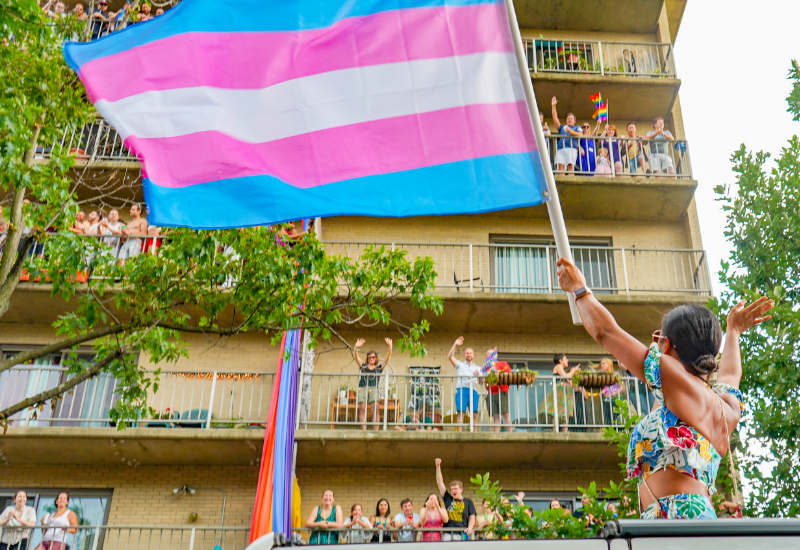
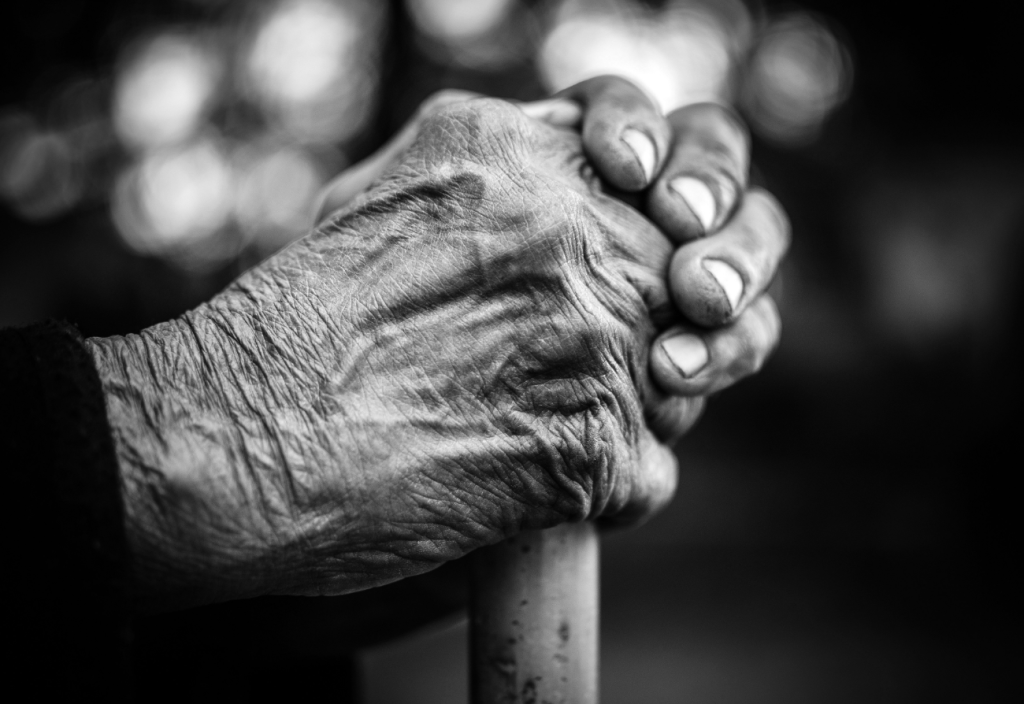

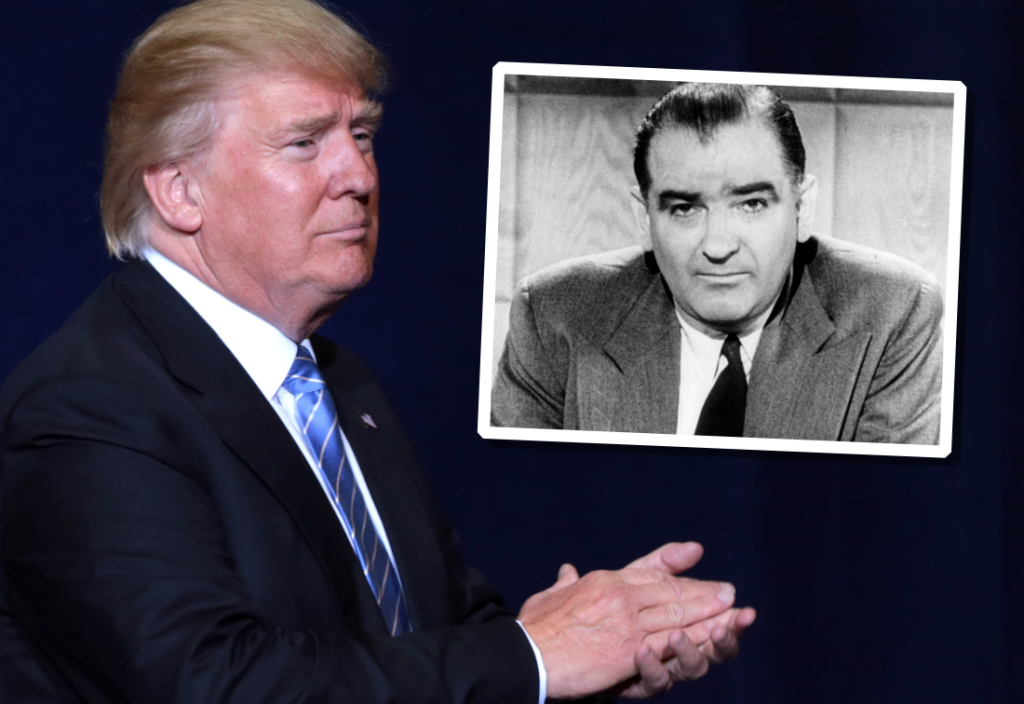



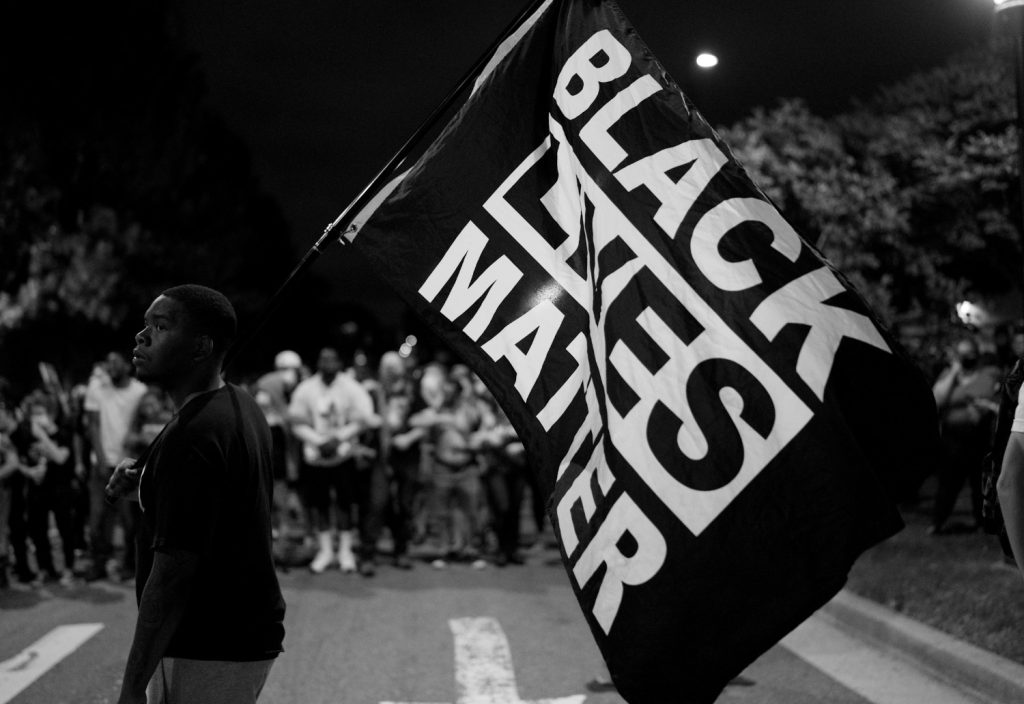
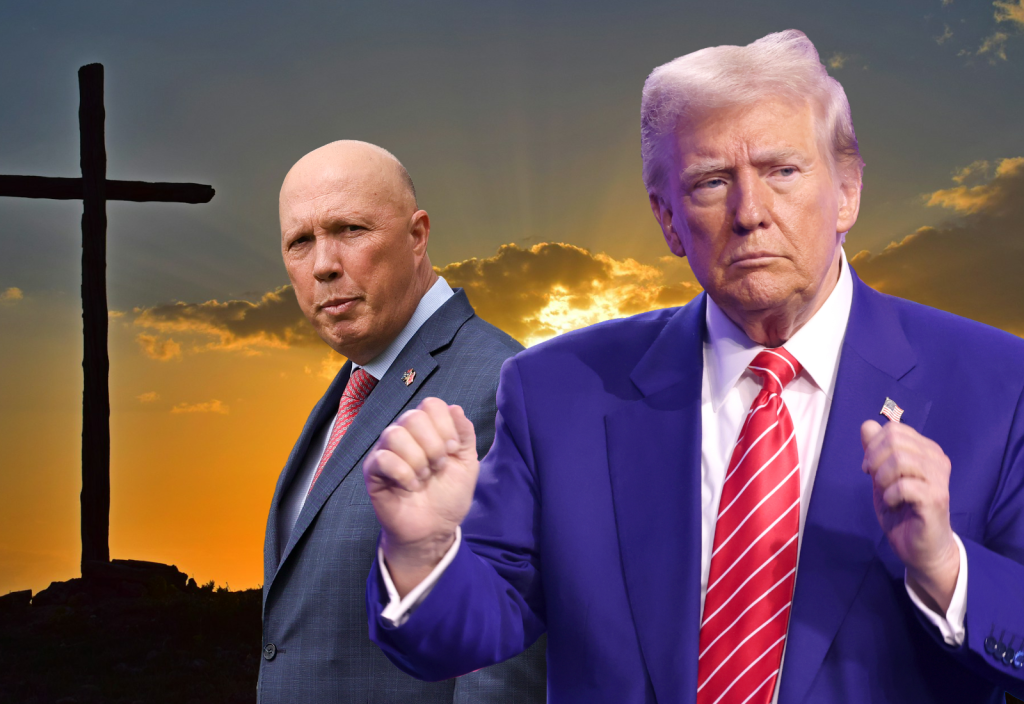
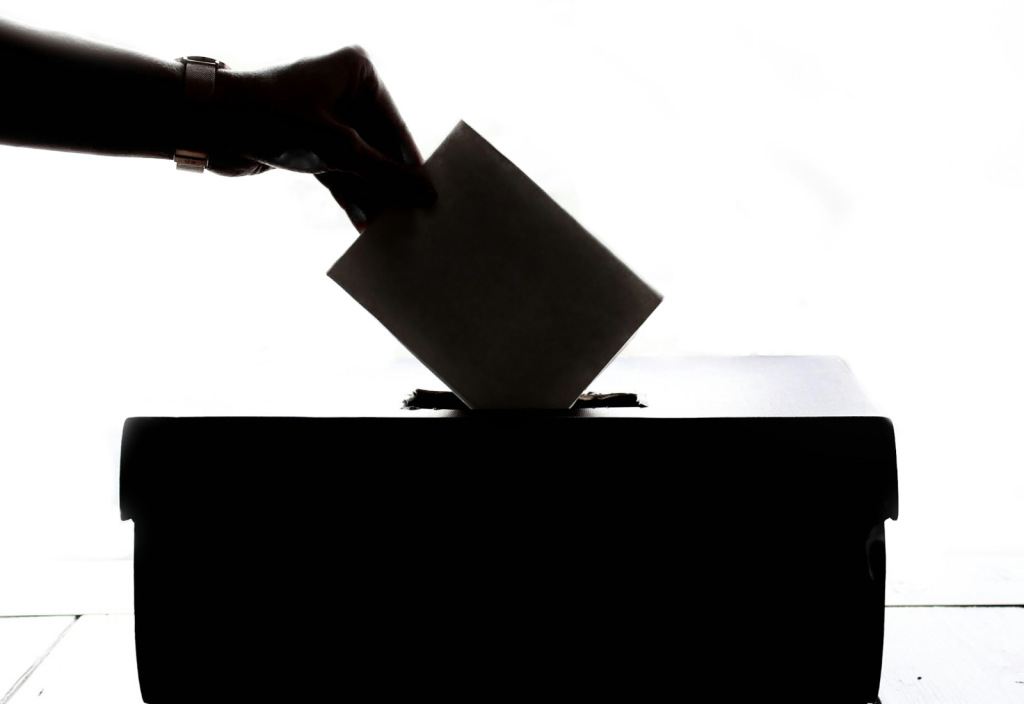
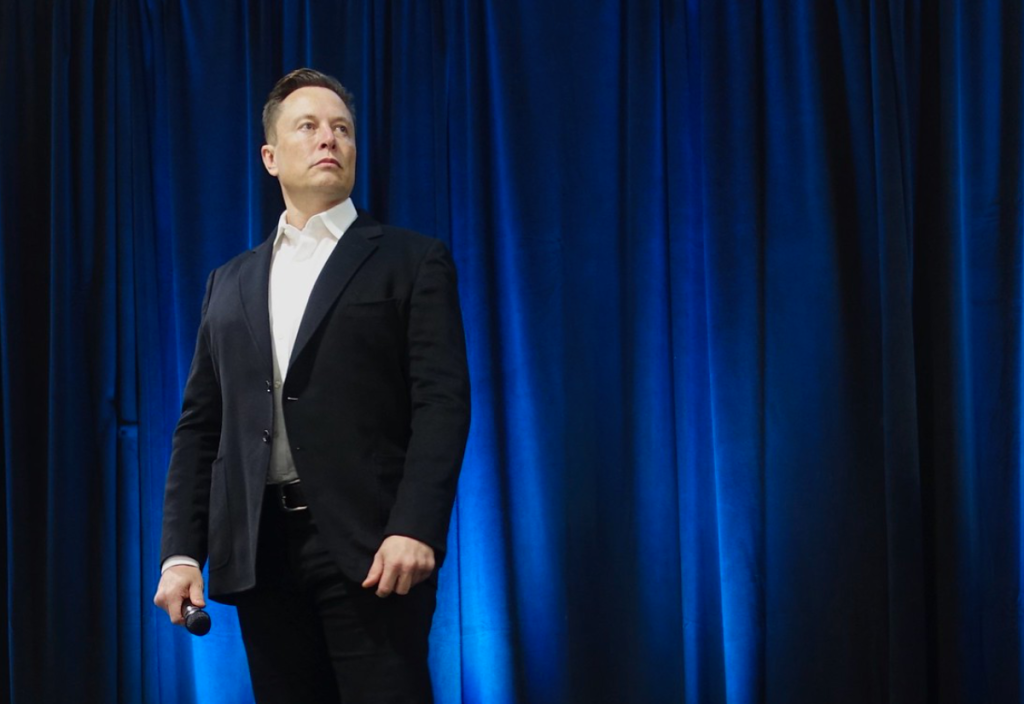
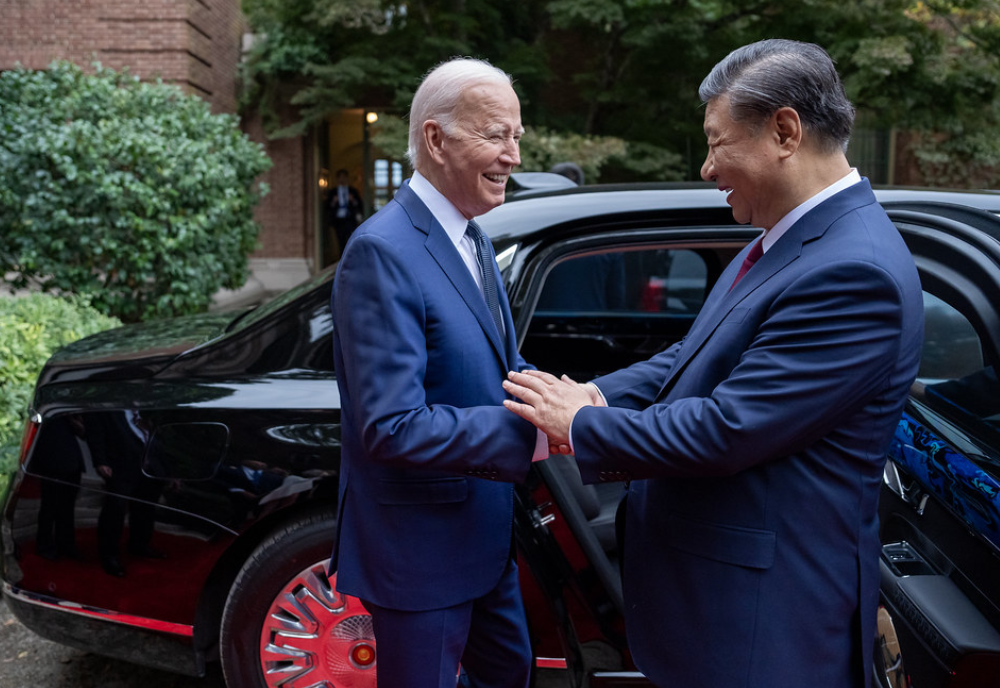
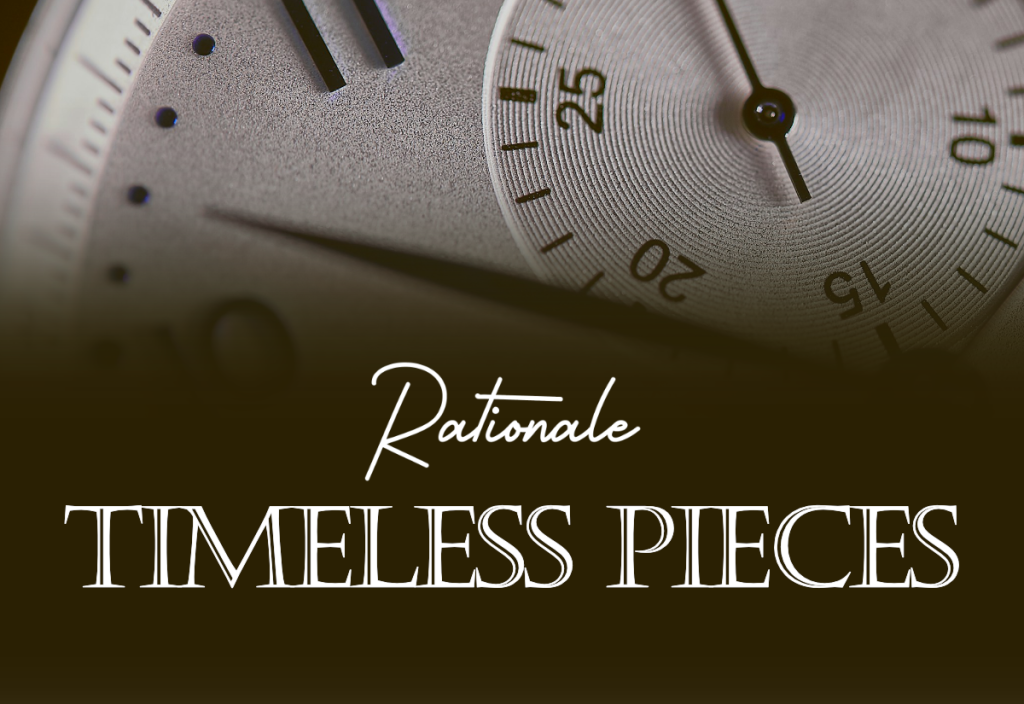
I’m not a Trump supporter and for most of my life I have tried to be as rational as possible in forming my views on any and all issues I confront.
As I understand it, for the first seven weeks or so from conception the foetus is androgenous, but from then on its chromosomes start to determine what sex the foetus develops into. There can be no doubt that males are born with xy chromosomes and females with x chromosomes only. This is immutable, and just the way it is. No amount of drugs and hormones, or reconstructive surgery can ever change that basic defining difference. Thus, (for example) a male-to-female transitioned weightlifter should never be able to compete with female weightlifters. To allow them to do so is an injustice to female weightlifters.
To be lesbian, gay or bi does oneself no harm and one can change if one so chooses, but transitioning from one sex to another involves huge medical intervention which is well nigh irreversible. It is therefore unconscionable to be a party to transitioning of children.
Today we are staggered by what was treated as everyday, ordinary and commonplace in previous ages, such as slavery, genital mutilation, putting people in pillories, public executions, and so on. I wonder whether future ages might see our present condoning and encouragement of sexual transition by children in a similar light.